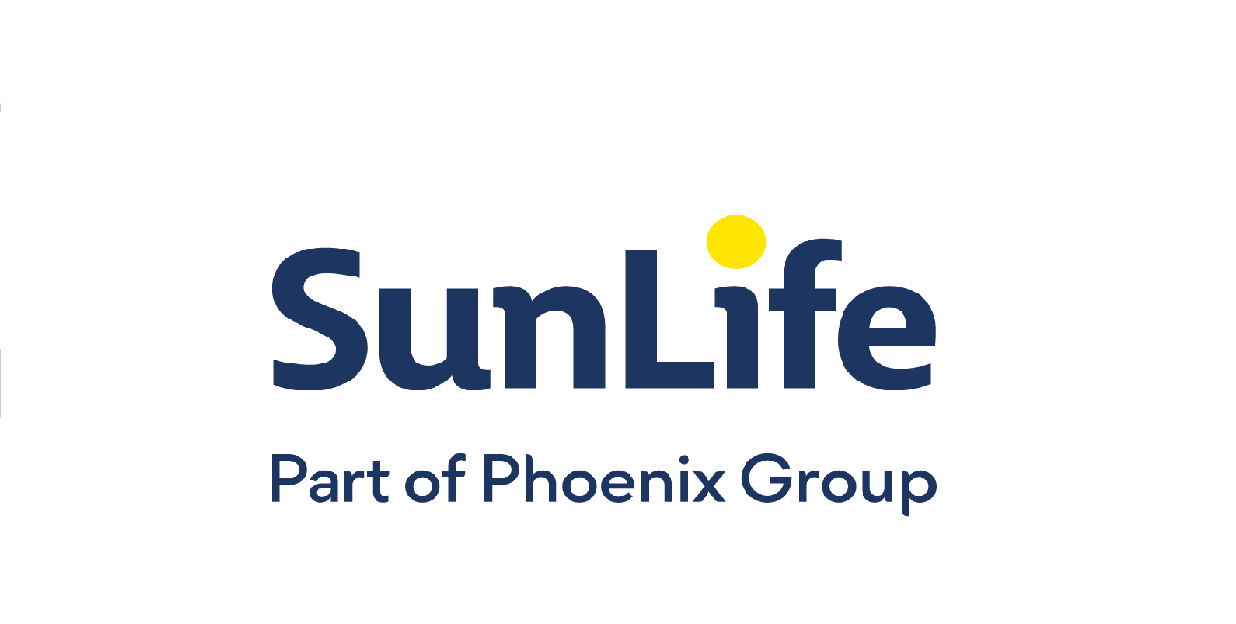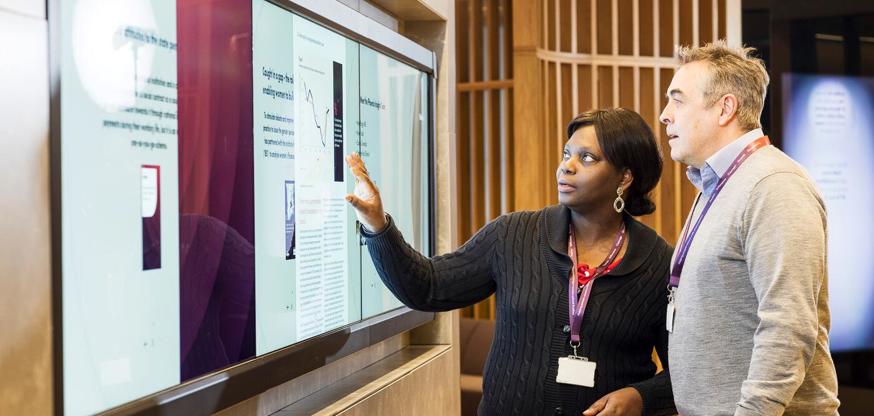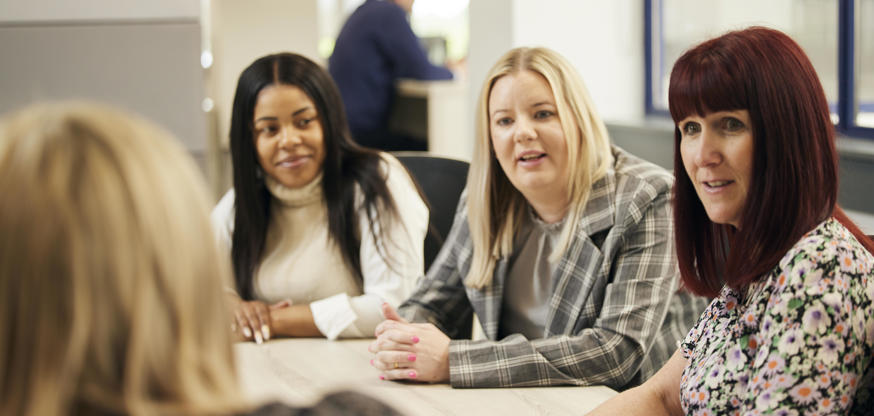You may have heard the term ‘neurodiversity’ but what does it actually mean? Neurodiversity is a term used to describe the diversity of how people’s brains work, how they process information and how they interact with the world and people around them. Everyone is included in the term neurodiversity.
A neurodivergent person, someone who may be Autistic, Dyslexic, or have ADHD or Tourette’s, is someone who behaves, thinks and learns differently compared to those who are neurotypical.
It is estimated that 10-20 percent of the world’s population is neurodivergent and whilst there are strengths that can be associated with neurodivergence such as artistic creativity, greater language abilities, strong empathy, superior memory capabilities and the ability to focus intensively, being neurodivergent can also present individuals with challenges socially and in the workplace. The latest official statistics show that only 3 in 10 autistic people are in employment and of those autistic people in employment, there is a pay gap of at least a third less than non-disabled people.
We believe that embracing neurodiversity and playing to individual strengths is incredibly important for everyone. We all deserve the opportunity to live and work in a supportive space if we’re to achieve the future we want.
Aisling’s story
At Phoenix Group we’re focused on inclusivity and understand we’re on a journey to offer all of our colleagues the support they need. We’re fortunate to have people across the business who stand up through adversity, help us get better and create pathways for others.
When Aisling joined our Standard Life brand at the end of 2019 not only did she find it difficult to keep up with the pace of her training, she soon found herself having to work from home due to the pandemic without the in-person support of the wider team.
“Because of my OCD and Dyslexia, I found it a real challenge to absorb all of the information and had to take reading home with me to do in my own time, which was really stressful and caused panic attacks and anxiety.
When we went into lockdown I was having to take calls from customers and if I needed advice, there was no way I could write a message quick enough to get a response from the team within the 2 minutes I could ask a customer to hold for.”
Thankfully Aisling felt able to speak about her challenges. Her manager Derek assigned her a personal ‘floor coach’ who was available to take a call from her at anytime to assist in a way that worked specifically for her. Because of Derek’s care for his team, he quickly identified that additional support was needed, so Aisling was one of the first colleagues invited back into the office.
“Being able to go back to the office, have my transport taken care of, interact with people in person and knowing I had their support really helped me build my confidence and ultimately helped me develop my skills to quickly be promoted to a floor coach and support the training for new starters to the business.”
It wasn’t just having that in-person support that Aisling needed, there were additional tools she required to be able to read and write.
“Once I had these tools in place, it allowed me to not worry so much and feel confident in my ability to do the job. Because of the help Derek gave and the faith he showed in me I am now doing a role that a couple of years ago I did not think would ever be possible. I’m working in Customer Experience Consultant writing communications for customers – and I absolutely love it! It hasn’t been an easy ride for me, and it’s felt like Derek and I have had to push to put things in place but we got there in the end and I’m happy knowing that other colleagues will have an easier time because of my experience.”
Experiencing some of the challenges our colleagues face has led Derek to play a lead role in addressing how we support our colleagues and customers. He’s now working as part of our Vulnerable Customer team and co-chairs our colleague disability and long-term health conditions network ‘Enable’. Through the passion and experience of people like Derek, we strive to create an inclusive work place for all.
Asking what advice she would give to colleagues in a similar position to herself, Aisling said:
“If you don’t ask, you don’t get. As hard as it might be, asking for support is the right thing to do.”
Why are inclusive workplaces so important?
We believe that to help close the pension savings gap, all people deserve the opportunity of good, inclusive employment to help them stay in work and save for the future they want. That means everyone having the chance to work in a way that works for them, whether that be flexibility in hours worked or having the tools in place to enable a better working environment.
We want to lead by example and be the best place that any of our colleagues have ever worked. That’s why we model good work in practice. We think good work is secure, rewarding, flexible to meet changing needs, sustainable over our longer lives and supportive of employee wellbeing.
How do we support inclusivity in the workplace?
We want Phoenix Group to reflect the customers we serve and the communities we operate in. We're striving to make sure our workplace is diverse. A place where all colleagues are treated with respect and dignity and able to bring their whole self to work.
Our colleague networks play a key role in promoting inclusivity and connecting with our communities. Whoever you are and whatever you're passionate about, there is a group of like-minded colleagues eager to support you.
And as part of our benefits package, you can access neurodiversity tests through our health provider.












